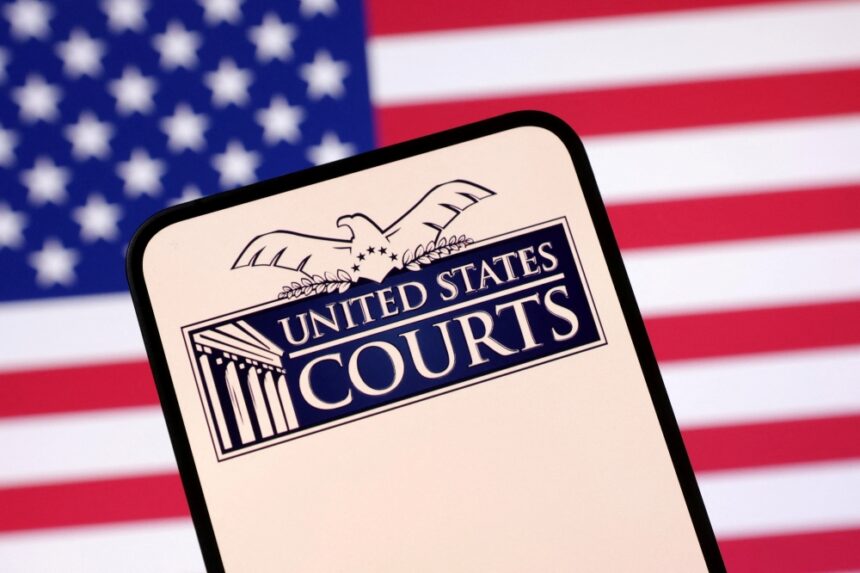WASHINGTON, April 25 — Three US federal judges issued rulings within 90 minutes on 24 April, blocking major parts of President Donald Trump’s recent executive orders.
The decisions halted attempts to penalise sanctuary cities, restrict diversity and inclusion in education, and impose strict voter registration rules, according to The Independent.
“Here we are again,” wrote California District Judge William H. Orrick, noting that fears of enforcement are “even stronger than in 2017.”
Orrick, appointed by Barack Obama, ruled against freezing funds to 16 sanctuary jurisdictions, citing constitutional violations of the Fifth and Tenth Amendments.
The orders, he wrote, improperly sought to “commandeer local officials into enforcing federal immigration practices and law.”
Another ruling came from New Hampshire District Judge Landya B. McCafferty, who blocked part of an anti-DEI (diversity, equity, and inclusivity) directive threatening schools with funding cuts.
She said the policy amounted to “textbook viewpoint discrimination” for punishing educators who acknowledge structural racism.
Her decision stemmed from a lawsuit filed by the National Education Association and the ACLU, focusing on free speech and due process protections.
Judge McCafferty’s ruling does not apply nationwide but protects schools employing members of the suing organisations.
In Washington, DC, Judge Colleen Kollar-Kotelly blocked key portions of an executive order requiring proof of citizenship to register to vote.
She said Trump overstepped legal limits, writing that the Constitution gives Congress and the states — not the president — the authority over federal elections.
Trump’s policies, nearly all of which he has instituted via executive orders, are facing a wave of lawsuits challenging their constitutionality.


